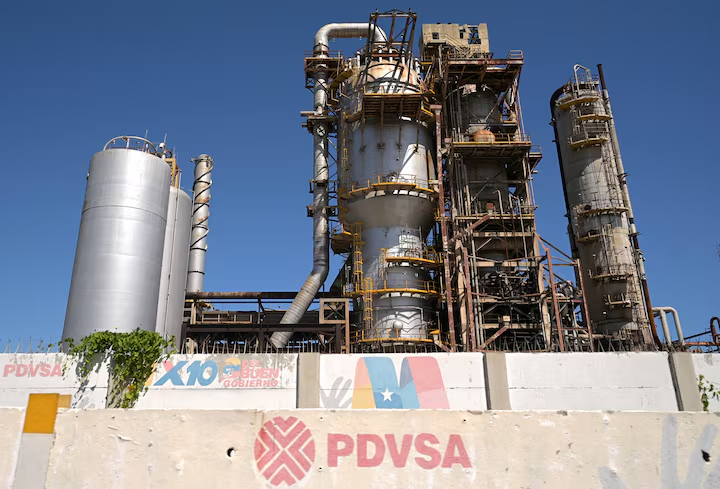In the high-stakes world of litigation, a formidable strategy has emerged: mass arbitrations. Spearheaded by consumer attorneys, this approach aims to extract hefty settlements by wielding the formidable weapon of arbitration costs against corporate defendants.
Picture this: a legion of plaintiffs, marshaled through social media and mass marketing channels, converging to launch a barrage of arbitration claims against a single defendant. Whether it’s hundreds or thousands of consumers uniting in legal solidarity, the impact is seismic. And here’s the kicker: while the plaintiffs join forces, the defendants foot the bill. Administrative fees, arbitrator charges – the invoices can swiftly skyrocket into the stratosphere, depending on the sheer volume of claims.
Yet, even if the merits of the claims are dubious at best, the looming specter of exorbitant arbitration fees compels defendants to settle – and settle big. It’s a game of legal brinkmanship, where the financial burden becomes a potent lever for plaintiffs.
Corporate giants have scrambled to find an escape hatch from this legal onslaught, but alas, the courts have offered little respite. Take, for instance, the recent Abernathy v. DoorDash saga, where over 5,000 employees sought arbitration, backed by the same legal counsel. Despite facing a mountain of arbitration costs, DoorDash’s plea fell on deaf ears. The court’s rationale? A pointed reminder that DoorDash, like many employers, had long championed arbitration clauses – until the tables turned.
In a twist of irony, DoorDash now sought refuge in a class-wide lawsuit, the very mechanism it had denied its workers, in a bid to evade arbitration duties. The court’s verdict underscored a harsh reality: in the face of mass arbitrations, corporate hopes for judicial reprieve are often dashed.
Yet, amidst this legal labyrinth, a glimmer of hope emerges for financial services companies. By strategically shaping arbitration clauses, they can mitigate risks. Opting for arbitration providers with tailored procedures for mass arbitrations, scrutinizing notice and cure provisions, and shrewdly negotiating fee structures – these measures offer a semblance of defense against the tumult of mass arbitrations.
In the cutthroat arena of litigation, where every move is a calculated gambit, the battle over mass arbitrations rages on. As corporate defendants brace for the next legal salvo, one thing remains clear: in this game of legal chess, strategic foresight may be the only shield against the relentless march of mass arbitration.








